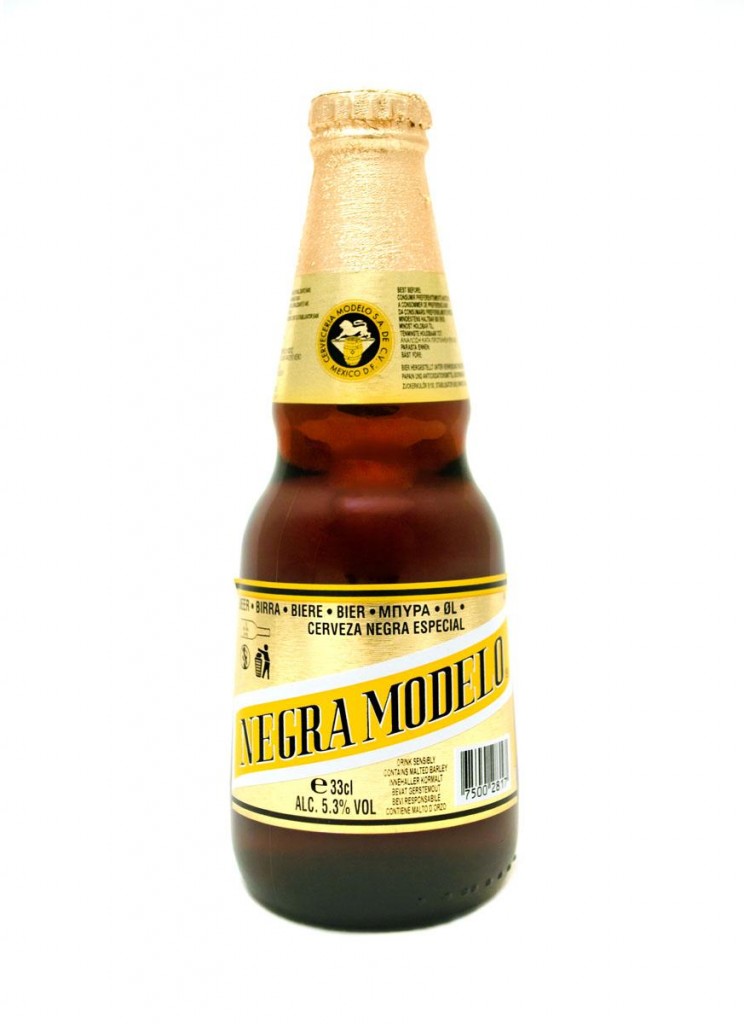
After landing the U.S. rights to the Grupo Modelo brands as part of a Justice Department forced carve-out of Anheuser-Busch InBev’s $20.1 billion purchase of the maker of Corona Extra, Constellation has a clear opportunity to be a major force in the U.S. beer business.
Constellation — which already owned 50 percent of Modelo’s U.S. business through its stake in the company’s importer, Crown Imports — finalized the $4.75 billion acquisition of the rest of Modelo, including and a state-of-the-art brewery in Piedras Negras on June 7. The purchase immediately doubled Constellation’s sales and gave the company control over three of the top five best-selling U.S. import brands: Corona Extra, Modelo Especial and Corona Light.
With the brewery and the access that the hot-selling Mexibrews bring, the company’s potential to grow the share of existing brands, develop new products and become a craft acquirer has the industry abuzz.
“In the long-term, this deal will dramatically change the landscape of beer in the U.S.,” said Bump Williams, a beer industry consultant. “Size doesn’t matter. Crown is growing while the big brewers [ABI and MillerCoors] are getting their asses kicked, losing cases despite numerous new product launches.”

With Constellation in complete control of the sourcing, production, marketing and pricing of its newly acquired beer brands, it becomes the country’s third largest beer company, accounting for approximately 7 percent of total U.S. sales. That’s a far cry from ABI and MillerCoors, which collectively represent nearly 75 percent of total U.S. beer sales, but Constellation is no stranger to growing its own liquor and wine brands, like Svedka, Mondavi, and Ravenswood. It’s also no stranger to acquisition.
Still, Constellation’s initial sights are set on the growth of its core brands, which is quite a luxury indeed. While iconic top-10 domestic brands like Budweiser and Miller High Life bleed barrels, among top 20 imports— dollar sales for about half of which were down as much as 12 percent — Constellation brands outperform. IRI pegs dollar sales of the no. 1 import brand, Corona Extra, up one-half percent through June 16 in total U.S. multi-outlets (despite the growth of competitor Dos Equis). Modelo Especial, the no. 3 import, is up 23 percent and Corona Light, the no. 5 import, is up 1.5 percent during the same period. Pacifico and Negra Modelo also boasted positive gains, up 3 and 5 percent respectively.
Williams credits executive leadership, wholesaler execution and successful advertising campaigns as the keys to keeping those brands growing in spite of industry-wide volume declines.
In 2008, when the U.S. economy had just entered a recession, Consumers had tightened the grip on their wallets and were spending less on beer. In an effort to stay top-of-mind, Crown reworked its Corona Extra advertising campaigns and brought the beach to everyday situations.
The “Find Your Beach” campaign “means something different to everyone but it seems to resonate,” said Joe Salois, the president of Atlas Distributing in Auburn, Mass.. “The campaign plays beautifully during the best beer selling season [summer].”
But iconic advertising alone doesn’t sell over 100 million cases of Corona every year. Knowing this, Crown president Bill Hackett turned his attention on wholesaler execution and price segmentation.
